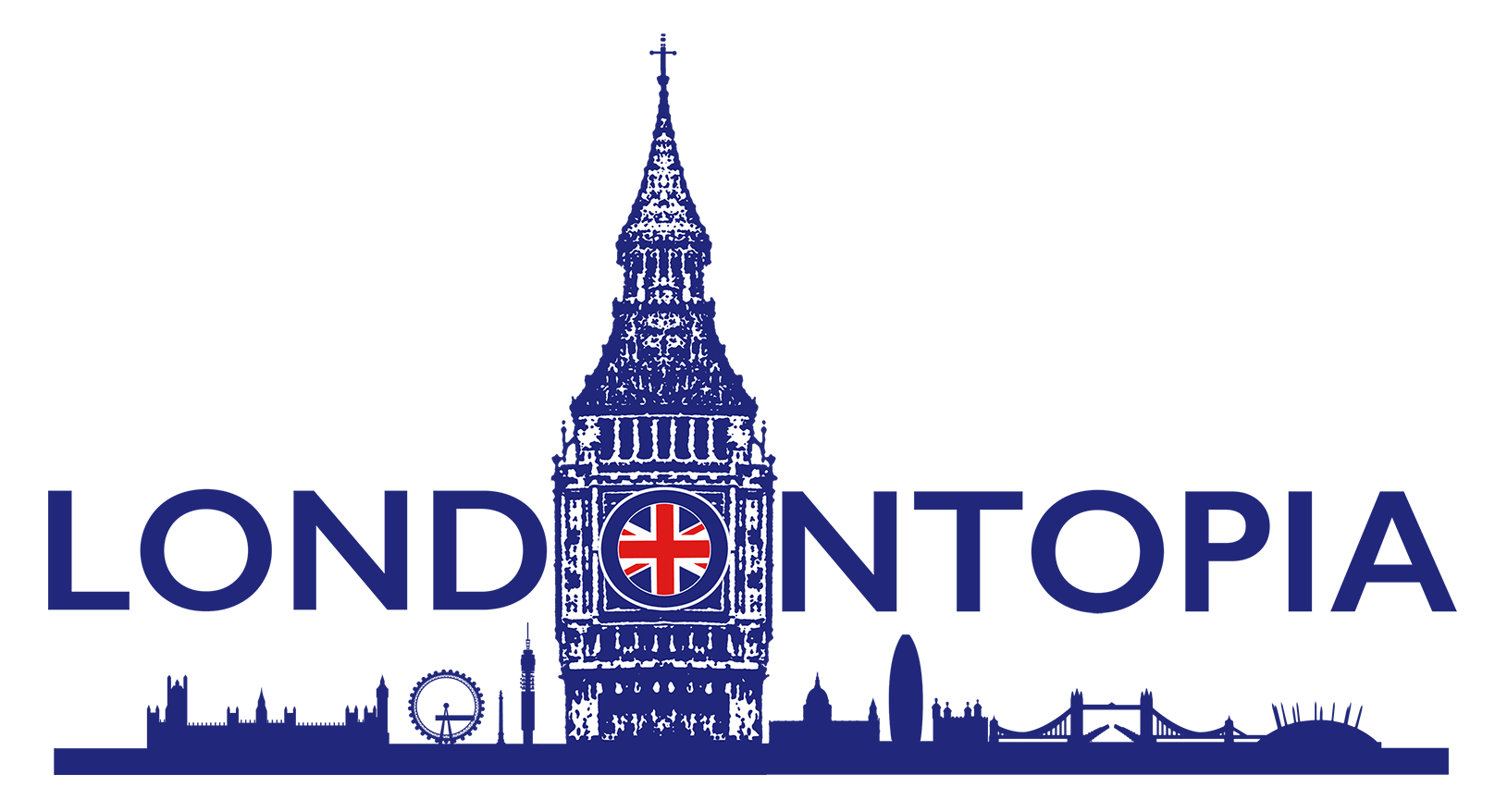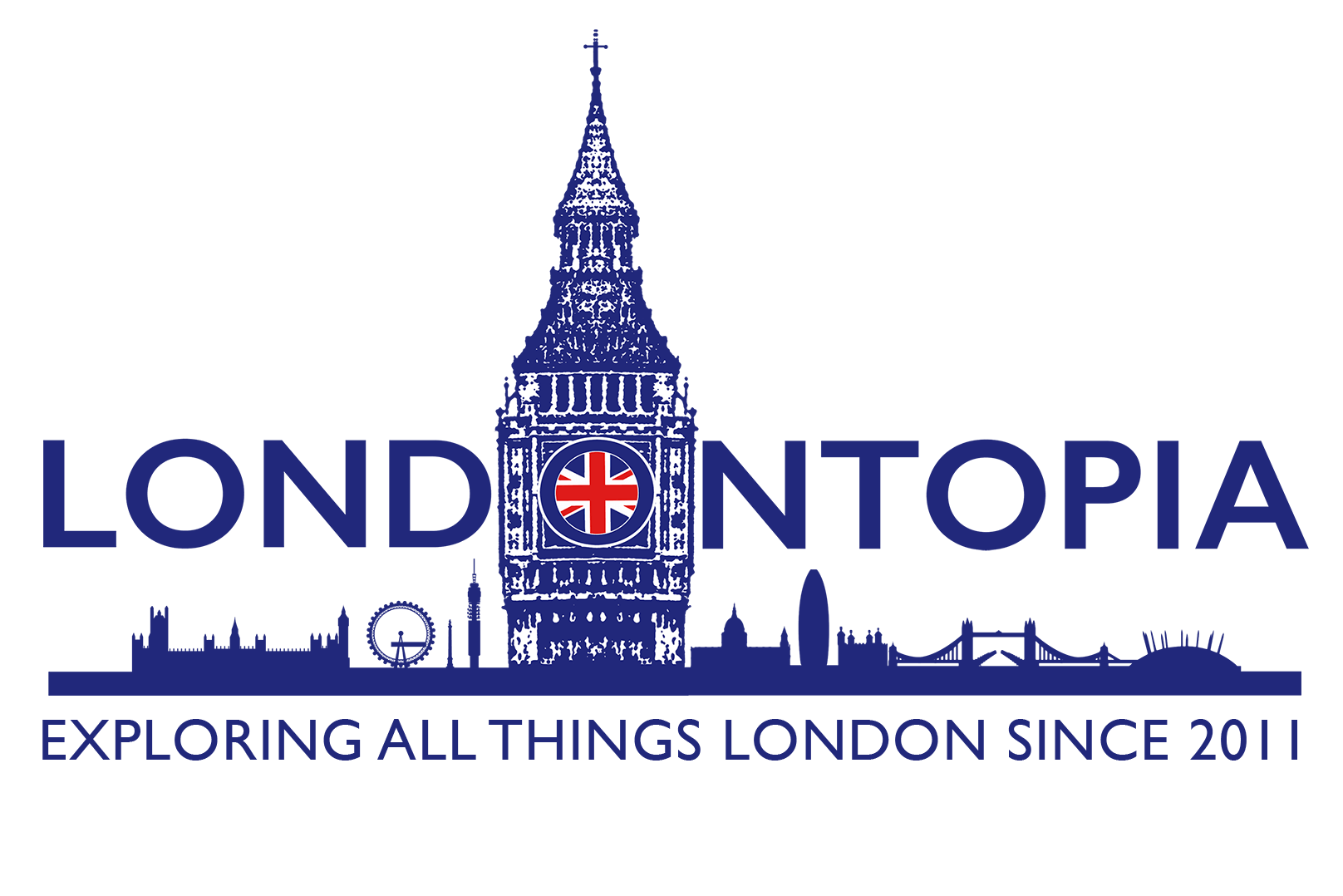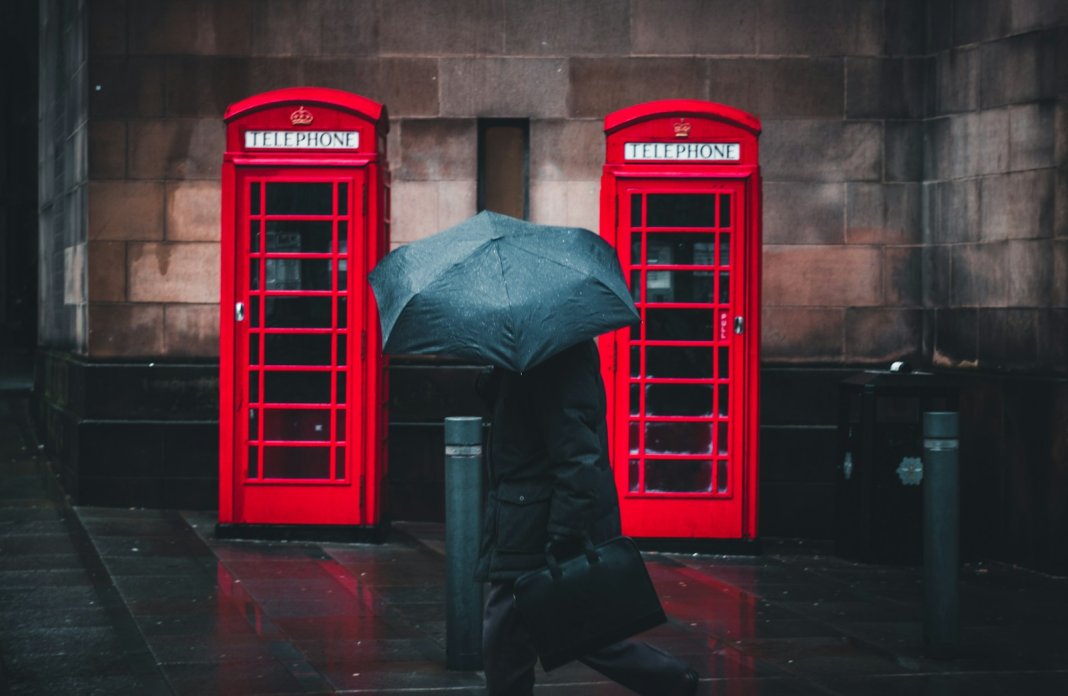A Month-by-Month Guide to London’s Historical Weather Forecast
London is famous for its iconic landmarks, rich history, and culture, but it’s also well-known for its unpredictable weather. As a city that experiences a temperate maritime climate, London enjoys mild temperatures year-round but is prone to frequent changes in weather. Understanding what to expect in each month can be invaluable for travelers and locals alike, as the city’s climate varies from drizzly winters to temperate springs and sporadic summer heatwaves. Here’s a comprehensive breakdown of the historical weather patterns for each month in London, providing insight into average temperatures, rainfall, and general weather conditions. Hopefully this will be a useful guide for when you’re planning your trips to London.
Our personal preference is generally the spring or autumn to have the most comfortable weather while traveling in London.
January: Cold and Damp
Average Temperature: 3°C – 8°C (37°F – 46°F)
Average Rainfall: 55 mm (2.1 in)
January is the heart of winter in London, and while it rarely experiences extreme cold, the weather can feel quite damp and chilly. Temperatures typically hover between 3°C and 8°C, with frost occasionally making an appearance during the early mornings. Snow is rare but not unheard of; however, if it does occur, it’s usually light and doesn’t last long. Rainfall is moderate, but drizzle and overcast skies dominate most days, creating a grey and moody atmosphere. This is also one of the quietest months for tourism, so if you don’t mind the cold, it’s a great time to explore without crowds.
February: Cold with a Hint of Spring
Average Temperature: 3°C – 9°C (37°F – 48°F)
Average Rainfall: 40 mm (1.6 in)
February remains cold, but the days start to grow a little longer, and the occasional sunny day hints at the approach of spring. Average temperatures rise slightly compared to January, but frost and chilly winds still dominate much of the month. Rainfall is slightly less than in January, though you can still expect regular drizzle. February in London often has that late-winter feel, where you may start to notice snowdrops and crocuses beginning to bloom.
March: The Onset of Spring
Average Temperature: 5°C – 12°C (41°F – 54°F)
Average Rainfall: 40 mm (1.6 in)
March brings a welcome transition from winter to spring. Daylight hours increase, and while the temperatures remain cool, the month is generally milder than February. Average highs reach 12°C, and on sunnier days, you may even feel the warmth of the approaching spring. Rainfall remains steady but is no more frequent than in previous months. March is often considered an unpredictable month, with a mix of sunshine, showers, and occasional frosty mornings.
April: Showers and Blossoms
Average Temperature: 7°C – 15°C (45°F – 59°F)
Average Rainfall: 43 mm (1.7 in)
April is famously known for its showers, but it’s also the month when London’s parks and gardens begin to flourish with colorful blooms. Temperatures become more comfortable, with average highs around 15°C, though mornings and evenings can still feel chilly. The term “April showers” is well-earned, as short bursts of rain are common, often followed by bright sunshine. Despite the frequent rainfall, April is one of the best months to explore London’s outdoor attractions, as flowers begin to bloom in full force, and the city feels vibrant with the energy of spring.
May: Mild and Pleasant
Average Temperature: 10°C – 18°C (50°F – 64°F)
Average Rainfall: 47 mm (1.8 in)
May in London is often a beautiful month, with milder temperatures and longer daylight hours. The average temperature ranges from a cool 10°C in the mornings to a pleasant 18°C in the afternoons. Rain is still possible, but not as frequent as in earlier months, and there’s a higher likelihood of sunny days. May feels like the true start of spring, with Londoners flocking to parks and outdoor cafés to soak in the pleasant weather. It’s also a great time for visitors to explore the city’s iconic landmarks without the heat of summer.
June: Warm and Bright
Average Temperature: 13°C – 21°C (55°F – 70°F)
Average Rainfall: 45 mm (1.8 in)
June marks the beginning of summer in London, with average highs reaching a comfortable 21°C. This month typically sees more sunshine than rain, though occasional showers are still possible. The days are long, with the sun setting after 9 PM, providing ample time to explore the city’s many outdoor attractions. June is also when London’s parks and gardens are in full bloom, making it an ideal time for picnics, walks along the Thames, or visits to famous parks like Hyde Park and Kew Gardens.
July: Summer in Full Swing
Average Temperature: 15°C – 24°C (59°F – 75°F)
Average Rainfall: 44 mm (1.7 in)
July is one of the warmest months in London, with average highs reaching 24°C and sometimes even climbing into the high 20s (Celsius). This is the peak of summer, with plenty of sunshine and warm weather, though London is known for the occasional summer shower. The city can feel bustling, with tourists flocking to its many landmarks and locals enjoying festivals, outdoor events, and rooftop bars. Despite the warmth, humidity can sometimes make the city feel muggy, but overall, July is a great month for enjoying all that London has to offer.
August: Warm with Occasional Rain
Average Temperature: 15°C – 24°C (59°F – 75°F)
Average Rainfall: 49 mm (1.9 in)
August continues the warm and often sunny trend of July, though it can be slightly more humid and prone to brief periods of rain. Temperatures remain high, averaging 24°C, and the city is alive with summer activities, from outdoor concerts to street markets. Rainfall is similar to July, with short showers that quickly give way to sunshine. London in August can feel quite busy due to tourism, but it’s an excellent time to enjoy outdoor dining, festivals, and walks along the River Thames.
September: Mild and Settled
Average Temperature: 13°C – 21°C (55°F – 70°F)
Average Rainfall: 49 mm (1.9 in)
September in London is one of the most pleasant months of the year. The summer heat subsides, and temperatures settle into a comfortable range, with highs around 21°C. The days are still long, and the chance of rain is moderate, though less frequent than in earlier summer months. September often feels like an extended summer, with many outdoor events continuing and London’s parks still lush and green. It’s a great time to visit the city if you prefer mild weather and fewer crowds.
October: Crisp and Colorful
Average Temperature: 10°C – 16°C (50°F – 61°F)
Average Rainfall: 71 mm (2.8 in)
October brings the arrival of autumn in London, with cooler temperatures and the first signs of the city’s foliage changing color. Average highs reach 16°C, but mornings and evenings can feel brisk. Rainfall increases compared to the summer months, and the days start to shorten. However, the crisp air and golden leaves make October an enchanting time to explore London’s parks and outdoor spaces. Layered clothing is recommended, as temperatures can fluctuate throughout the day.
November: Grey and Damp
Average Temperature: 6°C – 12°C (43°F – 54°F)
Average Rainfall: 63 mm (2.5 in)
November is when London truly begins to feel like winter is approaching. The days are short, and overcast skies are common, with temperatures ranging from 6°C to 12°C. Rainfall is frequent, and the city often feels damp and chilly. However, London’s festive lights and holiday markets begin to appear, brightening up the darker days. It’s a great time to explore the city’s indoor attractions, such as museums, galleries, and historic buildings, or enjoy the warmth of cozy cafés and pubs.
December: Festive and Frosty
Average Temperature: 4°C – 9°C (39°F – 48°F)
Average Rainfall: 53 mm (2.1 in)
December in London is all about the festive spirit. Although the weather can be cold, with average highs of 9°C and lows around 4°C, the city’s Christmas lights, markets, and decorations create a magical atmosphere. Snow is rare but possible, especially later in the month, though most days are cold and wet rather than snowy. Rainfall is moderate, but the holiday cheer often overshadows the grey skies. With the festive season in full swing, December is a popular time for visitors, making London’s streets and squares a winter wonderland.
Conclusion
London’s weather is famously unpredictable, but understanding the historical patterns for each month can help visitors plan their trips and residents prepare for the changing seasons. From chilly, drizzly winters to mild, temperate summers, London’s climate is rarely extreme, but always dynamic. Whether you’re visiting for sightseeing, cultural events, or simply exploring the city’s parks, London’s weather will be part of the experience—and often, it adds to the city’s unique charm. One thing to keep in mind, though, is that the weather is unpredictable, so pack for all kinds of weather. Bring a brolly. Bring a warm jacket. You might need them! Even in July!
A Little Bit of London In Your Inbox Weekly. Sign-up for our free weekly London newsletter. Sent every Friday with the latest news from London!



